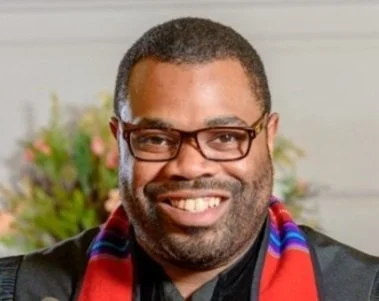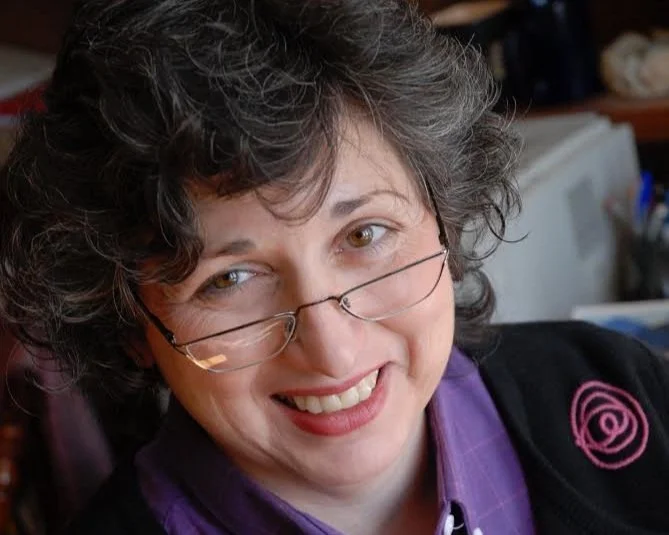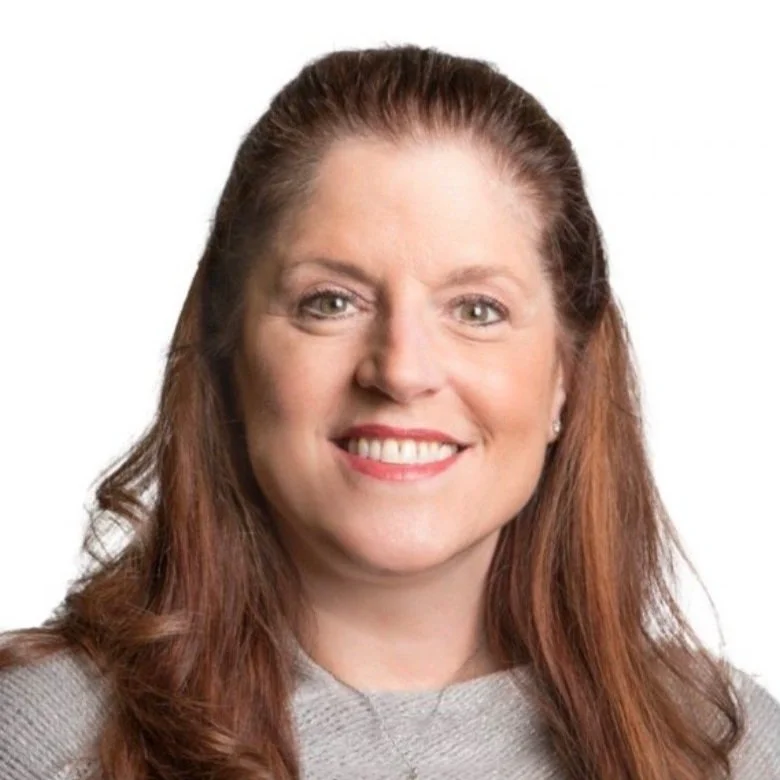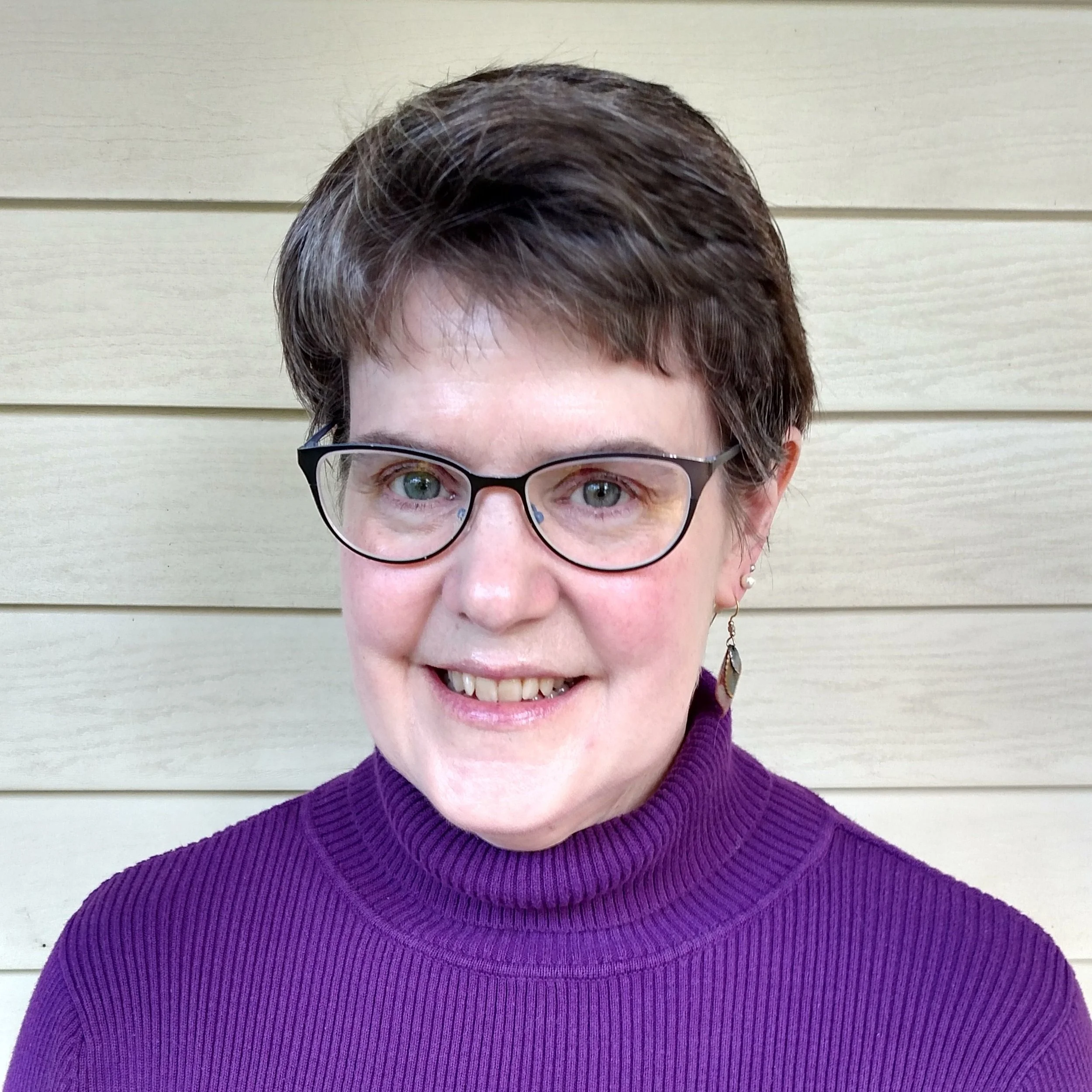Become a Competent Spiritual Caregiver
CPE is a rigorous education program consisting of both group instruction and experiential practice. We are an ACPE-accredited CPE program providing the highest standard of spiritual care education and pastoral formation.
About Our CPE Program
-
Through this program, participants will enhance their listening skills and increase their emotional awareness, while becoming more responsive in culturally sensitive ways. They will gain foundational knowledge of trauma-informed care and learn how to conduct spiritual assessments effectively. Additionally, they will develop the ability to recognize when and how to make referrals, along with acquiring skills for working with marginalized populations. The program supports the development of spiritual care giving identity and authority, fostering greater self-awareness, personal growth, and a deeper understanding of group dynamics.
-
This training would benefit a wide range of individuals, including both personal and professional caregivers. It is ideal for direct medical providers such as doctors, nurses, home healthcare aides, and technicians, as well as social workers and case managers. Clergy, faith community leaders, religious community leaders, lay ministers, spiritual caregivers, and spiritual directors will also find value in the program. In fact, anyone who works with people in a caregiving or supportive role would greatly benefit from the skills and insights offered in this training.
-
Many individuals continue working in their current fields, now equipped with enhanced skills. Others choose to pursue year-long CPE residencies, consisting of three or four additional units, to further their learning. Some go on to train for spiritual direction or pursue professional spiritual care careers in settings such as hospitals, hospices, prisons, corporations, the VA, or colleges and universities. Additionally, graduates may lead faith communities as priests, rabbis, imams, or other faith leaders, volunteer as spiritual visitors in their faith communities, or engage in peer support and mentoring programs.
-
Covenant for Learning
A negotiated and written learning agreement with no more than four learning objectives for this unit of training. Goals should be SMART: Specific, Measurable, Attainable, Relevant and Time-bound. As you develop strategies to accomplish your goals include a reflection on the driving and restraining forces related to each goal. Use the worksheet included in your handbook for this reflection and recording of goals. Include a statement of how you want to make use of supervision. The first draft is due at the first meeting with your Certified Educator.
Individual Supervision
Students meet for individual supervision every other week for an hour. When supervision is canceled, the person canceling is responsible to reschedule. Students are to come prepared with an agenda and make full use of the hour. Supervision will also include joint visitation with the Certified Educator at your clinical placement site.
Process Reflection
A reflection paper is turned in (preferably by e-mail) the day before your scheduled individual supervision with the certified educator. A weekly reflection is not due during the weeks of mid-unit evaluation and final evaluation. This reflection may include: high and low points in your clinical or group work, theological insights or challenges that have arisen, patient encounters that were challenging or have stayed with you, emotional responses to situations or events, how you have utilized new learning or feedback from the group to improve your pastoral practice.
Clinical Presentations
These are written papers that describe a pastoral encounter you have experienced at your clinical site. It involves basic factual information about the encounter, a verbatim retelling of the conversation as you remember it, a spiritual assessment, and reflection (theological/social/psychological/cultural) on your pastoral practice and your personal responses to the encounter. Five clinical presentations are made in each CPE unit using varied formats that are found in this handbook.
Clinical Presentation for Spiritual Reflection
One of the five clinical presentations will serve as the starting point to reflect theologically on a significant or critical event in ministry through sacred texts, stories and images, theological doctrines, the voice of tradition, and cultural understanding. This reflection deepens our understanding of pastoral care as an inherently theological endeavor. This clinical presentation is written through the conversation and presented to the group. Individual reflection occurs AFTER the group process and is submitted as the Progress Reflection for the following week.
Open-agenda, Process Group: “Exploring Our Experience”
This seminar is an open, experiential group with the goal of learning from the here-and-now experience of the relationships within the group context. The relationships within the group often provide an opportunity for learning more about ourselves and the various ways in which we relate to others, deal with differences and conflict, manage anxiety, receive support, and express affection. In this seminar we seek to explore and integrate the personal and professional issues which arise from both ministry and group relationships to become more the persons and the spiritual caregivers we seek to be. The Exploring Our Experience seminar uses the structure of functional sub-grouping (from Yvonne Agazarian’s systems-centered group theory) to identify and express differences and similarities within the group’s here-and-now experience. Learning from the relationships and processes within the group can contribute to our learning more about how to offer pastoral and spiritual care.
Didactics
Didactics are planned by the Certified Educator in relationship to the objectives of ACPE and the learning goals of the students. Didactics are frequently led by interdisciplinary presenters who offer their clinical and theoretical expertise from their particular specialty. These persons may be from within our partner agencies, our Professional Advisory Committee (PAC) or the larger community. Didactic topics may include but are not limited to: spiritual assessment, empathic listening, death and dying, grief and loss, implicit biases, systems theory, trauma informed care, suicide prevention, palliative care, crisis ministry and interventions, boundary issues and healing in art.
Leading a Group
In this seminar, students plan and conduct a spirituality group with their peers as participants which could or will be offered in their clinical placement site. The group reflects on the form, elements and spirituality of the presentation, and their experience of the presenter’s facilitation of the group.
Spiritual Reflection Activities (Level I)
A series of five activities that seek to help students explore their spiritual worldviews and the sources of their beliefs and values. Students reflect on their view of God/Higher Power/Something greater than themselves and Humanity, spiritual foundations, spiritual heroes, spiritual/theological images, and create a six-word theology. Students join on similarities and integrate differences that broaden their capacity to encounter another’s spiritual context with curiosity.
Readings
Reading assignments are developed in relationship to the learning goals within the learning contract. Readings may also be assigned by the Certified Educator or didactic presenter. Reflections on reading assignments may be included as part of the weekly process notes.
Self-care and Consultation (Level II)
This seminar will occur on the weeks during the unit in which there is no scheduled didactic. The focus is on our own self-care and learning to ask for and receive consultation from our peers. There are several modes for this consultation. You will choose the mode and how much time you want from the group.
Witness – Sharing a personal issue or experience with the group. The group members get to practice listening and silent emotional attunement.
Group Consultation – Presenting an issue with which you are dealing with in your ministry and group members will work together to build on similarities and bring in differences from their own experiences.
Role Play – Bringing a situation which you encountered or could encounter in your ministry and having group members role play the situation. You can either play the chaplain or another role, or watch others enact the situation with you as an observer.
Theological “Hot Topic” – Bringing a theological or ethical issue for the group to discuss, while respecting different perspectives and values.Live Helping (Level II)
Students participate in pairs in a video recording of a live helping incident. One student is the care giver and the other is a care receiver. The care giver has an opportunity to practice an emerging skill with someone who brings a real issue for discussion. The rest of the group serves as observers. Afterward the group processes the live interaction, watches the recording and offers consultation on the skill the care giver has chosen to practice.
Social Analysis (Level II)
Social Analysis is a tool to be used in understanding “why” things are the way they are in a given situation and “how they came to be that way”. It serves as a discernment tool in looking at possible individual and communal responses from a faith perspective. Directions for the Social Analysis are in the handbook under Unit Expectations.
Case Study (Level II)
Level II students are assigned at least one case study as part of the Level II curriculum. The format for the writing of the case study are included in this handbook. The case study will count as two clinical presentations.
Mid-unit and End of Unit Evaluations
At both the mid-term and the end of the program each intern/resident writes a self-evaluation. The student’s mid-term and final evaluations are read in the peer group with significant peer feedback.
Work and learn with our community partners.
Upcoming Unit Information
UNIT IN PROGRESS
October 2024 - April 2025: 26-Week Multi-level Hybrid Unit
UPCOMING UNIT
March 2025 - September 2025: 26-Week Multi-level Hybrid Unit (registration is closed)
October 2025 - April 2026: 26-Week Multi-level Hybrid Unit
APPLICATION DEADLINE
August 15, 2025 (for a Fall start date)
Applications are being accepted for the Fall 2025 Extended CPE Unit. Applicants may have their clinical site or be assigned to one of our ongoing partner sites. All CPE units, regardless of length, require 400 hours of experiential (300 hours) and instructional class (100 hours) time. Please note: Some Crossroads of Caring clinical placement sites may require proof of COVID-19 vaccination.
Candidates are accepted on a rolling basis and clinical placements are made based on student preference and site availability. Start dates are tentative based on the number of applicants.
Program Cost: $3,100/unit. Several ongoing clinical placement site partners contribute up to $2,500 to cover a portion of the tuition for students serving at their sites. For information about those sites, contact our office.
Additional CPE Program Information
-
Clinical Pastoral Education (CPE) is a professional, interfaith training program for ministry. It brings together theological students and ministers of all faiths—such as pastors, priests, rabbis, imams, and others—into supervised encounters with individuals in crisis. Through deep engagement with those in need and receiving feedback from peers and supervisors, students gain a new awareness of themselves and the needs of the people they serve. By reflecting theologically on specific human situations, they develop a deeper understanding of ministry. In the process of helping individuals as part of an interdisciplinary team, they also hone their skills in interpersonal and interprofessional relationships.
-
The essential elements of Clinical Pastoral Education (CPE) include the hands-on practice of ministry to individuals, accompanied by detailed reporting and evaluation of that practice. Students receive pastoral supervision and engage in a process-oriented approach to learning. The program incorporates a theoretical perspective on all its components and involves a small group of peers who share a common learning experience. CPE is structured within a specific time frame and includes an individualized learning contract aligned with the objectives of CPE. The program must be conducted under the guidance of an ACPE Certified Educator at an ACPE-accredited CPE center.
-
ACPE-certified CPE prepares individuals for various roles such as parish ministry, chaplaincy, lay ministry, teaching, and counseling. It integrates theological, psychological, and pastoral insights into practical pastoral functions, tailored to the student's career goals. Some students may pursue further training to become ACPE Certified Educators, learning the theory and practice of educating CPE students.
CPE develops the ability to provide pastoral and spiritual care to individuals, families, and systems. Many theological schools require at least one unit of CPE for degree programs, and some accept a full year of CPE as the required internship. Additionally, some ACPE-member theological schools offer graduate programs that combine academic study with Educator CPE.
-
ACPE-certified CPE is a process-oriented education shaped by history and responsive to current cultural developments, impacting your pastoral formation. At its core is your ministry with people, learning from that ministry through reflection, discussion, and evaluation with peers and your educator.
You will use verbatims (Pastoral Care Reports), case studies, and other ministry descriptions for supervision. Some seminars will focus on your experiences as a caregiver, alongside the experiences of those you minister to. Discussions will help you understand theological issues arising from your experiences, and you will integrate insights from behavioral sciences to better understand the human condition. You will consider groups and social structures in addition to individual care in defining your ministry.
You will be part of a dynamic learning group with other students and your educator, fostering mutual supervision, care, challenge, and appreciation.
Testimonals from Our Students
-
“I am more aware of my theology and also how it plays a role in my pastoral encounters."
-
“It made me more aware of how my behavior impacts those around me.”
-
“It helped me understand my life and faith experience in the context of my ministry work.”
-
“It reinforced the sacredness of human life at any age and the value of life itself.”
-
“CPE taught me a lot about myself, about listening, and about staying with the emotion.”







